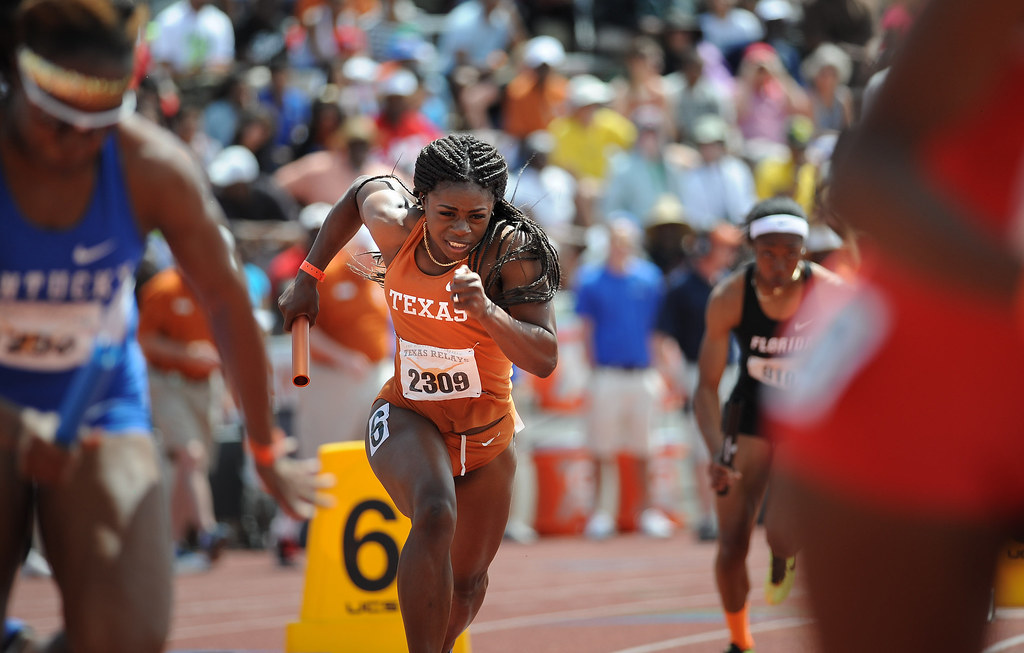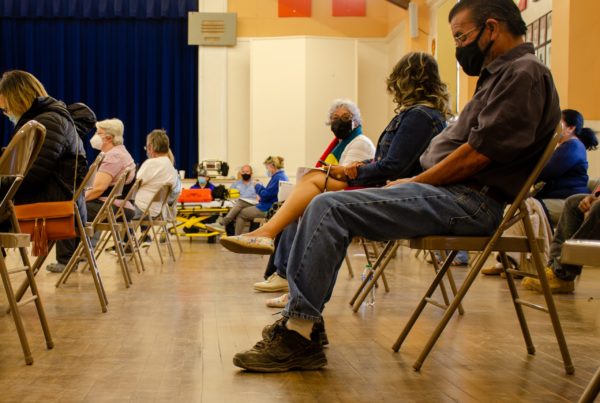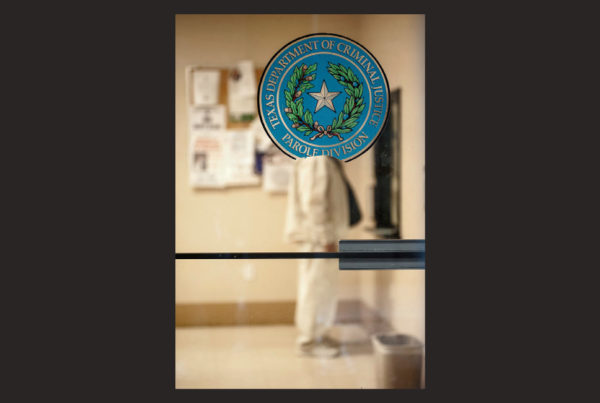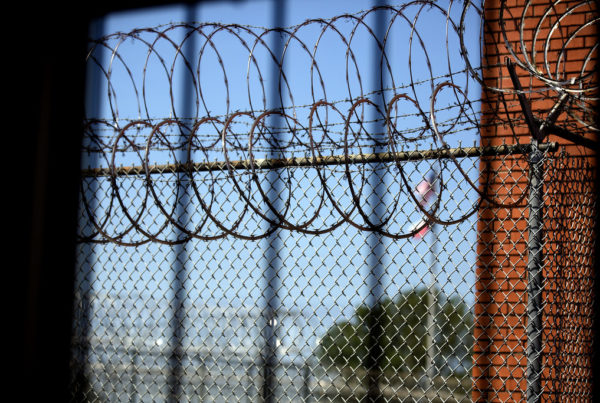Universities around the country make millions every year on their sports programs, and have been reluctant to let student athletes reap much benefit. But that began to change on Monday after a U.S. Supreme Court ruling that chips away at NCAA rules limiting student athlete compensation.
Eric Kelderman, a senior reporter for the Chronicle of Higher Education, told Texas Standard the NCAA had a variety of arguments about why student athletes shouldn’t be compensated.
“The NCAA argues that college athletes are amateurs, and what makes college sports special is that they are not paid,” he said. “And further, that they need to enforce uniform restrictions on compensation for athletes so that there’s an even playing field for all the colleges that are competing in the NCAA.”
The Supreme Court decision was a narrow one. It removed limits on what compensation colleges can offer athletes, as long as that compensation is related to their education. It upheld a lower court’s decision that the NCAA’s rules limiting compensation violated antitrust laws.
The court ruled unanimously, which Kelderman says indicates the justices were highly skeptical of the NCAA’s arguments.
“[The court] really questioned this idea that amateurism was something special to the NCAA that needed to be preserved by not paying athletes. And I think it sends a strong message that the NCAA has to be very careful in this area,” he said.
Kelderman notes the NCAA faces other challenges, including a new law in Texas that allows student athletes to profit off of their name image or likeness.















